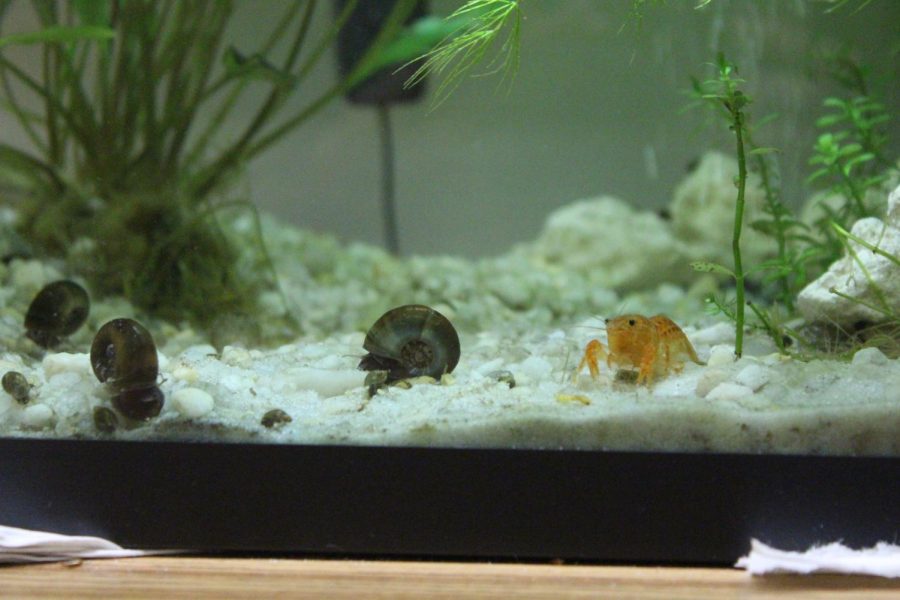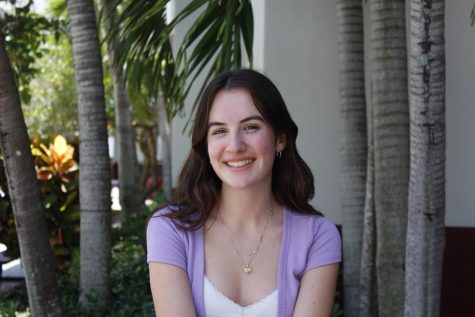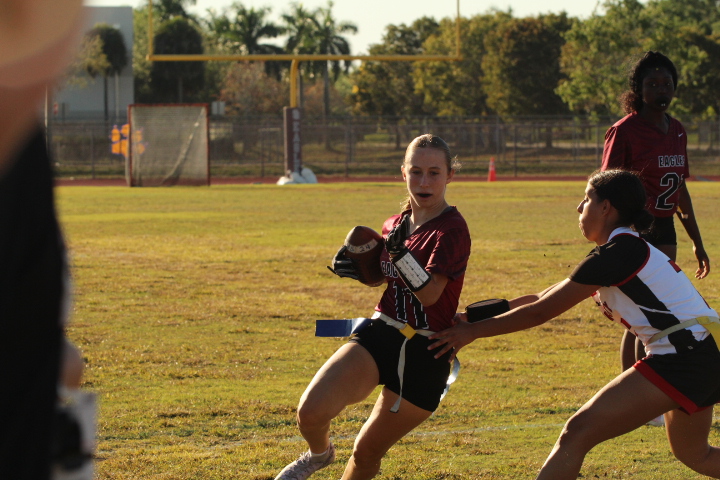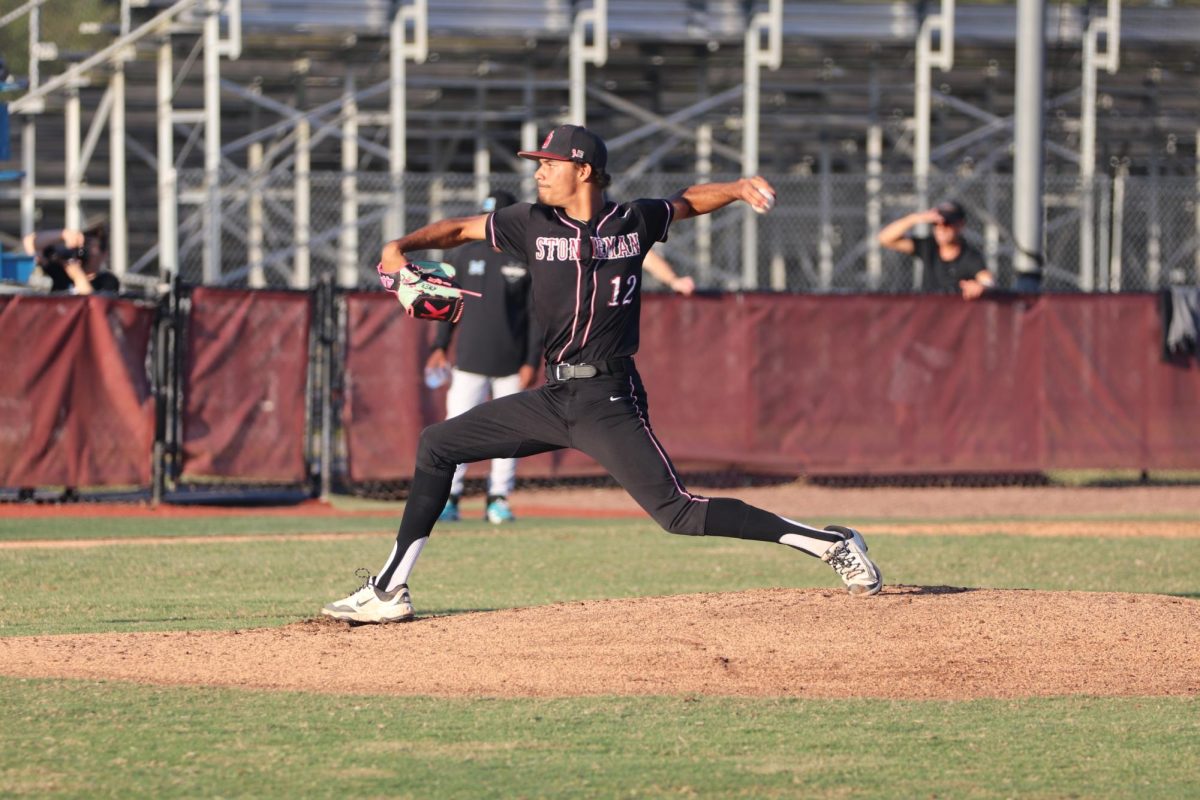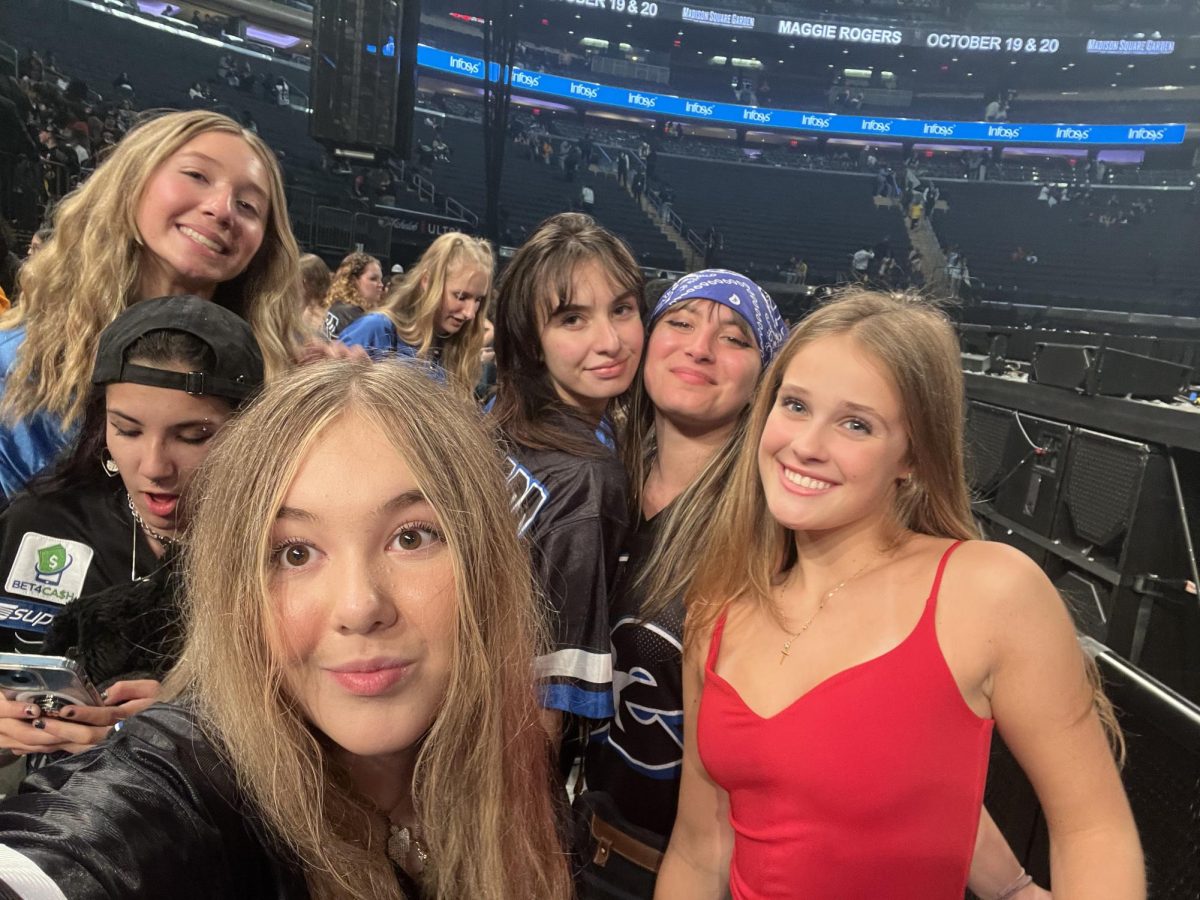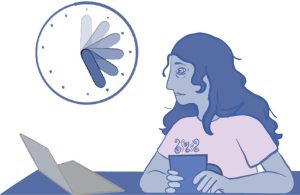Debate team and science department work together to ensure thriving aquatic life on campus
Flourishing Fish. Dozens of snails and Shrimpy, the red dwarf Mexican crawfish, feed on algae around Dr. Jacob Abraham’s tank. The aquatic life in the tank serve as a mascots for the MSD debate team, and students help care for the various fish and invertebrates in the tank.
February 14, 2023
After debate coach and public speaking teacher Dr. Jacob Abraham accidentally acquired aquatic snails from plants he bought at a local fish store, which soon multiplied significantly, he had to find them a new home. To alleviate the growing snail population, he gifted some to the various tanks of teachers in the science department.
“The plants the fish store sold to me were contaminated; they were the home of snails we didn’t know were living there. I observed the snails were procreating in the tank, and there were more snails than fish. The snails were taking over,” Abraham said.
Abraham offered some of his snails to AP Environmental Science teacher Tammy Orilio, who had issues with algae growing on her goldfish tank.
“I get algae blooms because I’m a terrible fish mom, and I overfeed them, so the extra nutrients trigger an algae bloom,” Orilio said. “The extra algae grows on the walls of the tank, and I’d usually clean that with a brush, but the snails make it easier for me.”
Now, the goldfish have new friends, and the walls of the tank stay clean as the snails eat algae, dead plants, fish feces and leftover fish food.
Other teachers have taken snails for other motives, like growing the overall size of species in their tank or cleaning purposes as well.
Biology and botany teacher Branden Davis received a few snails. He also agreed that he and his students would culture copepods to feed the saltwater fish in Abraham’s personal tank at his home. For learning purposes, some students, like senior Damian Francis, are helping Davis with this culturing process.
“With Mr. Davis, I am growing tiny, microscopic, barely visible crustaceans that feed on microalgae and sometimes each other. They act as a good food source for aquarium pets and will be used for Dr. Abraham’s tank,” Francis said.
Copepods are zooplankton that normally float through ocean columns feeding on phytoplankton and algae. Since they are only one millimeter in size, they don’t work in feeding all tank fish, but they are a popular food source for young and small fish, which makes them a perfect fit for the small fish of Abraham’s personal saltwater tank.
Abraham established the classroom tank this year with funding from Pet Supermarket, slowly acquiring two sunburst platys named One-Fish and Two-Fish, a julii cory catfish named Whatever and a red dwarf Mexican crawfish named Shrimpy Taquito IV. Sadly, One-Fish died after only a week.
As debate coach of the MSD Speech and Debate team, Abraham’s students spend lots of time in his room preparing for competitions and learning in class. Some of his students took a special interest in the tank and the team collectively refers to the aquatic life in the tank as their mascots’.
“I keep an eye on [the tank] and feed them every morning, students regularly change the water and do water quality tests,” Abraham said.
In Abraham’s debate classes, students earn grades based on a point system. Points are acquired in various ways which include activities like helping peers prepare for competition. This year, some students choose to earn their points by taking care of the tank and its residents, which is a way for students who can’t compete for personal reasons to stay involved with the team.
Junior Roni Lubarsky changes the tank water, moves the rocks, feeds the fish and shellfish, prepares the tank for school breaks and more. She started off doing this just for the class points; however, she and other students have grown attached to the sea creatures and care about looking after them.
As Abraham’s snails continue to grow in size and numbers, he wants them to be shared with teachers on campus who would like them in their tanks as well. His goal is to continue to create a thriving aquatic life community throughout MSD.
This story was originally published in the February 2023 Eagle Eye print edition.

